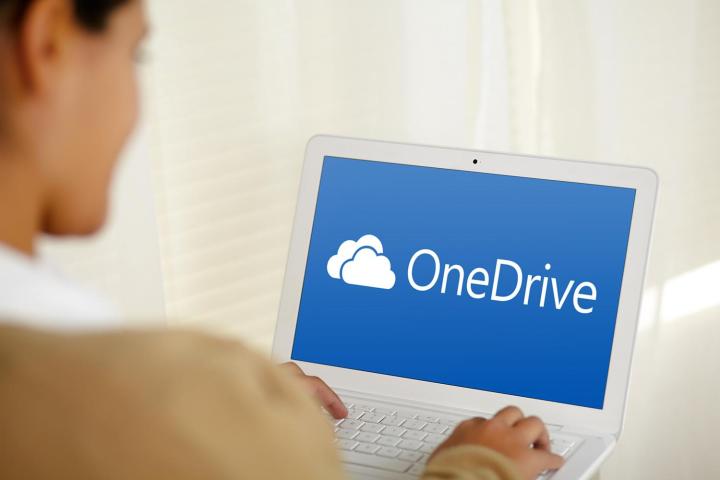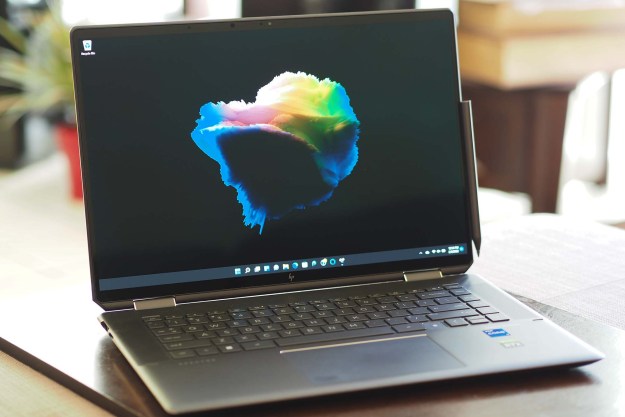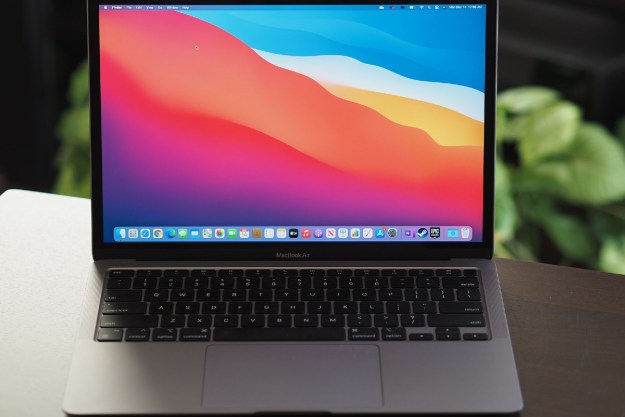
You might know about this if you tuned in to some of Microsoft’s pre-release PR for the new operating system, but what you probably didn’t know is that Microsoft created a backup key (should you lose your password to decrypt the data), which it then stores remotely on its own servers.
This may well be a feature that was put in place to help protect those that might not otherwise have their decryption key stored safely. As ransomware victims no doubt can attest too, nothing much is worse than having your data encrypted and unrecoverable. However, some have suggested that this is a security risk in itself, and Microsoft hasn’t been very forthcoming.
With a remotely stored decryption key, there is always the danger of someone hacking the server where it’s stored or grabbing it during its transfer from your system to Microsoft’s servers. And as the Intercept points out, Microsoft has also been forced to give data on citizens to the NSA and other intelligence agencies in the past. If it stores customer decryption keys, it seems possible that it could be forced to hand those over to the authorities, too.
You can delete the back up key that Microsoft holds. To do so, simply login to your Microsoft account on the OneDrive page and you are quickly given access to all of the keys Microsoft stores for you. Deleting them there is just a few clicks away.
Privacy advocates still aren’t satisfied with this solution, though, because there’s no way to ensure the key was completely deleted. It may in fact still be available, but only to Microsoft. That’s a bit paranoid, but Microsoft didn’t volunteer the encryption key’s storage location in the first place, so trust is definitely an issue.



